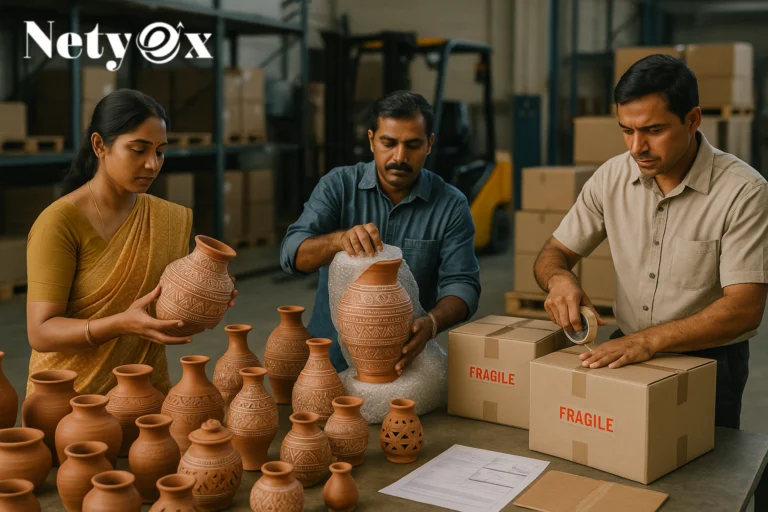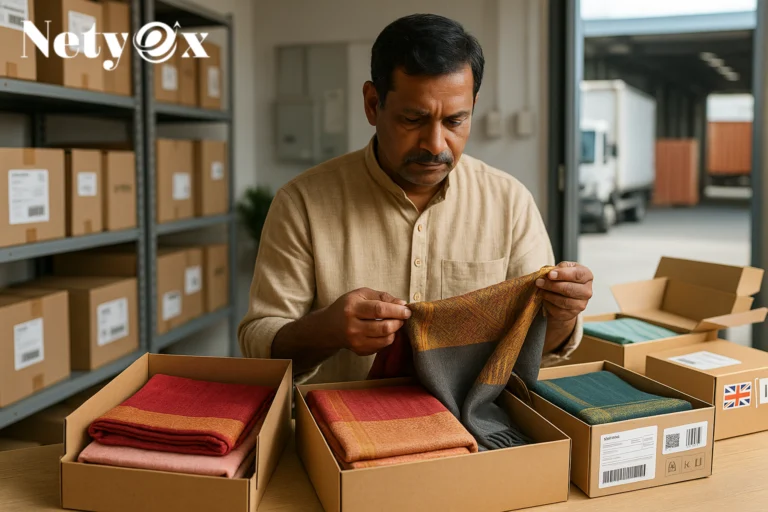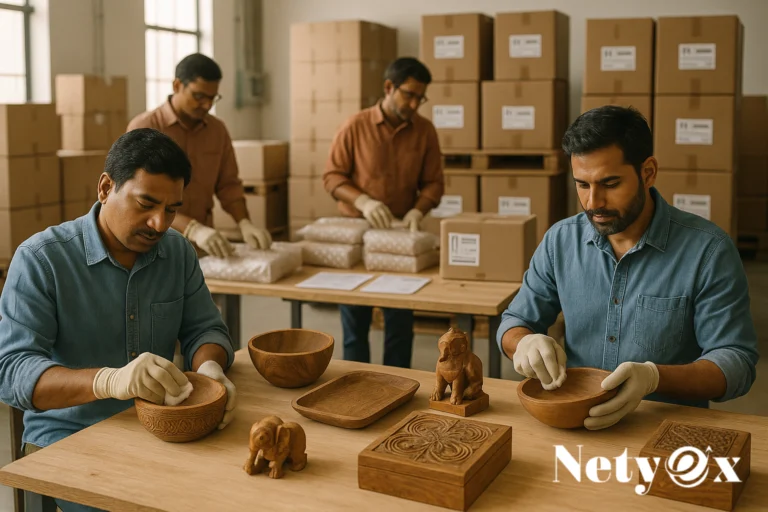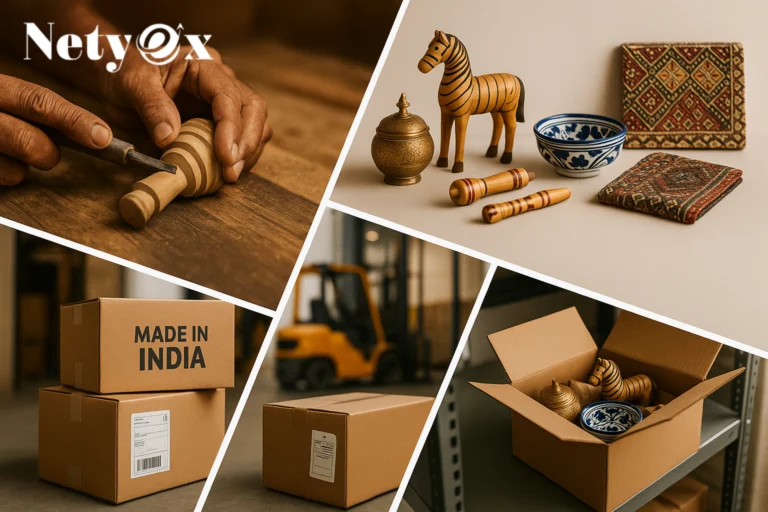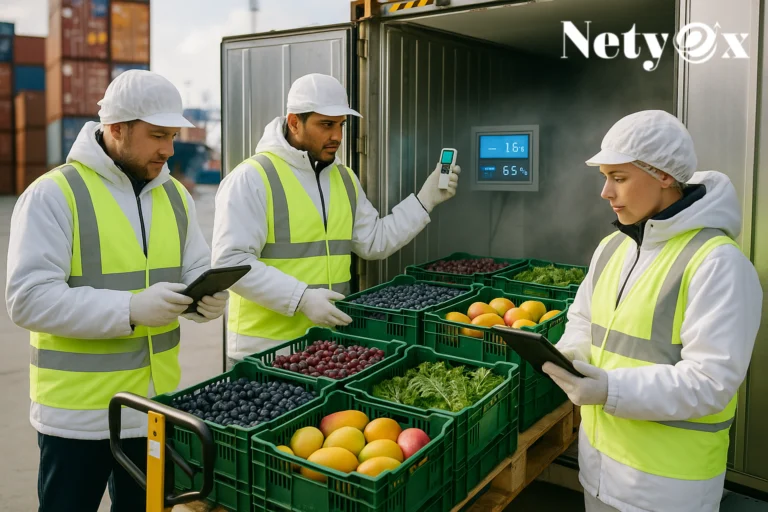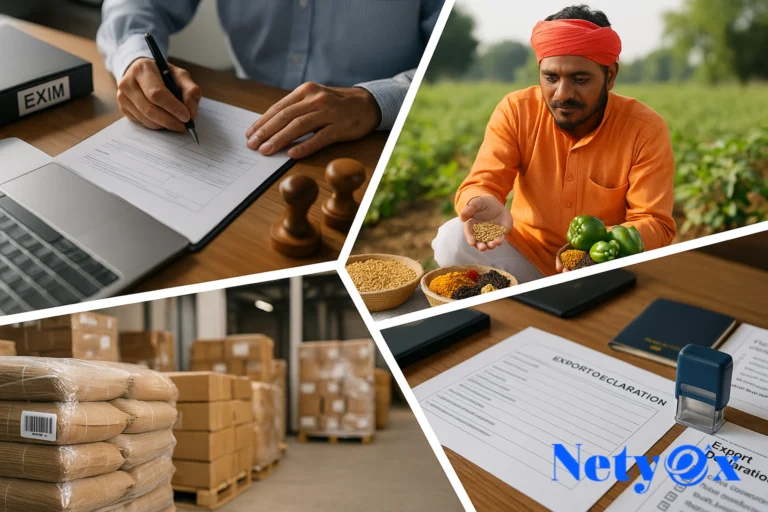Introduction: The Trust Deficit in Global B2B Trade
In the vast and interconnected world of B2B trade, trust isn’t just valuable—it’s indispensable. Companies regularly transact across continents, languages, and legal systems, making credibility the cornerstone of every successful partnership. Yet, despite technological advancements, trust deficits persist due to counterfeiting, scams, and unverifiable claims.
This is where verified suppliers come into play. By providing transparency, certification, and a clear history of business operations, they make global commerce safer and more predictable.
Why Trust Is the Currency of International Commerce
In B2B relationships, trust is often built before any product is shipped or payment is made. Buyers depend on suppliers to deliver quality goods on time and as promised. Without a foundation of reliability, even lucrative deals can crumble.
A trusted supplier enables smoother negotiations, faster approvals, and repeat business—three pillars that drive long-term profitability.
Common Risks in B2B Transactions Without Verification
When buyers engage with unverified suppliers, they expose themselves to several risks:
- Payment fraud: Suppliers disappearing after receiving deposits.
- Product mismatch: Receiving goods that differ from agreed specifications.
- Intellectual property theft: Unauthorized use of brand names or patented designs.
- Delivery issues: Late shipments causing operational delays.
These challenges underscore why verification has become the global standard in trade reliability.
Who Are Verified Suppliers?
Verified suppliers are businesses that have undergone third-party validation to confirm their legitimacy, capabilities, and compliance. They operate transparently, with documentation proving that their factories, licenses, and certifications meet international standards.
Understanding Supplier Verification Systems
Verification systems vary across platforms, but they generally involve:
- Authenticating business registration and ownership details
- Inspecting production facilities
- Reviewing legal and tax compliance
- Ensuring adherence to quality management systems (like ISO 9001)
Key Verification Standards and Certificates
Major certifications include:
- ISO 9001 – Quality Management
- SGS Certification – Inspection and verification services
- TÜV Rheinland – Safety and compliance testing
These certifications assure buyers that a supplier’s claims aren’t just promises—they’re verified facts.
The Verification Process Explained
Verification isn’t just about ticking boxes—it’s a multi-step evaluation of credibility.
Background Checks and Business Licenses
Verification agencies check a supplier’s business license, tax documents, and legal standing. This ensures the company exists and operates legitimately.
On-site Inspections and Factory Audits
Inspectors physically visit factories to confirm production capacity, machinery, and worker safety standards. These on-site audits help verify claims about output quality and scale.
Financial and Legal Verification Procedures
Financial verification ensures suppliers can handle large orders and long-term contracts without insolvency risks. Legal checks confirm no pending lawsuits or violations exist.
How Verified Suppliers Create Trust in B2B Trade
Now, let’s explore how verification directly strengthens trust in global trade.
Transparency and Accountability as Trust Builders
Verified suppliers disclose essential business details, from ownership to quality certifications. This openness fosters accountability and confidence between buyers and sellers.
Quality Assurance and Consistency in Product Supply
Quality control is a hallmark of verified suppliers. Their consistent adherence to international standards reassures buyers that product quality won’t fluctuate from one shipment to another.
Secure Payments and Contract Reliability
Most verified suppliers operate on secure trade terms, such as escrow or letter of credit (LC). These methods protect both parties and ensure compliance with agreed conditions.
The Role of Third-Party Verification Agencies
Agencies like SGS, Bureau Veritas, and Intertek act as neutral guarantors. Their verification reports provide unbiased, factual assessments of supplier credibility.
Digital Verification Platforms Transforming B2B Trust
Modern B2B platforms are revolutionizing the verification process with technology-driven systems.
Alibaba Verified Supplier Program
Alibaba’s Verified Supplier Program uses third-party inspections to validate companies’ business credentials and production capabilities. Buyers can view detailed verification reports before initiating contact.
Global Sources, Made-in-China, and Other Platforms
Other B2B portals like Global Sources and Made-in-China have introduced similar systems, leveraging video verification, document authentication, and live audits to ensure authenticity.
Benefits of Partnering with Verified Suppliers
Working with verified suppliers offers a range of benefits that extend beyond safety.
Reduced Fraud and Transaction Risks
Verification significantly minimizes exposure to scams, counterfeit goods, and unreliable partners—saving businesses thousands in potential losses.
Stronger Long-Term Partnerships and Repeat Business
Trust leads to loyalty. Verified suppliers often attract returning buyers because of their reliability, communication, and consistent service.
Improved Supply Chain Efficiency and Credibility
Verified suppliers ensure smooth logistics and help enhance your company’s reputation as a dependable partner in the global supply chain.
Case Studies: Real-World Examples of Verified Supplier Impact
Let’s look at two practical examples demonstrating the importance of supplier verification.
How an SME in Europe Gained Confidence in Chinese Manufacturers
A small furniture retailer in Germany used Alibaba’s verification tools to identify a legitimate Chinese wood supplier. The verified documentation and third-party inspection reports gave them the confidence to sign a long-term supply contract.
How Verification Helped a Startup Avoid a $50,000 Scam
A U.S.-based startup nearly paid an unverified electronics supplier but stopped after noticing missing verification details. They switched to a verified supplier and secured authentic, high-quality products instead.
Challenges in Supplier Verification
Despite its benefits, verification has a few hurdles.
Fake Certifications and Misleading Profiles
Some fraudulent companies forge certificates or manipulate listings. Continuous monitoring and updated verification help mitigate this issue.
Cost and Time Barriers for Small Businesses
Verification isn’t free—it often requires audits and administrative fees. For small businesses, this can pose initial financial strain, though the long-term benefits outweigh the costs.
The Future of Verification in B2B Trade
The evolution of technology is reshaping the future of global verification.
Blockchain and AI in Supplier Validation
Blockchain ensures immutable records of supplier data, while AI automates fraud detection by identifying inconsistencies in submitted documents.
Global Standardization of Verification Systems
International trade organizations are working toward unified verification frameworks that ensure consistency across borders.
FAQs: Understanding Supplier Verification and Trust in B2B Trade
1. What is a verified supplier?
A verified supplier is a business whose legitimacy, production capabilities, and compliance have been confirmed by third-party verification agencies.
2. How do verified suppliers create trust in B2B trade?
They foster transparency, ensure product quality, and provide verified documentation, reducing the risks of fraud and miscommunication.
3. Are all suppliers on major B2B platforms verified?
No. Many are registered suppliers only. Verified suppliers undergo additional checks and audits.
4. Is supplier verification costly?
While it involves some cost, the return on investment is high due to reduced fraud risk and increased buyer confidence.
5. Which certifications matter most?
ISO, SGS, TÜV, and Intertek certifications are globally recognized and provide strong assurance of quality and legitimacy.
6. How can buyers verify suppliers independently?
Buyers can use third-party audit services or cross-check suppliers via government trade registries.
Conclusion: Verified Suppliers as the Backbone of B2B Credibility
In today’s digital trade ecosystem, verified suppliers aren’t just a convenience—they’re a necessity. They enable transparency, reduce fraud, and build the foundation of long-term, profitable partnerships.
Businesses that prioritize working with verified suppliers not only protect themselves but also contribute to a more trustworthy, efficient, and globally connected marketplace.





